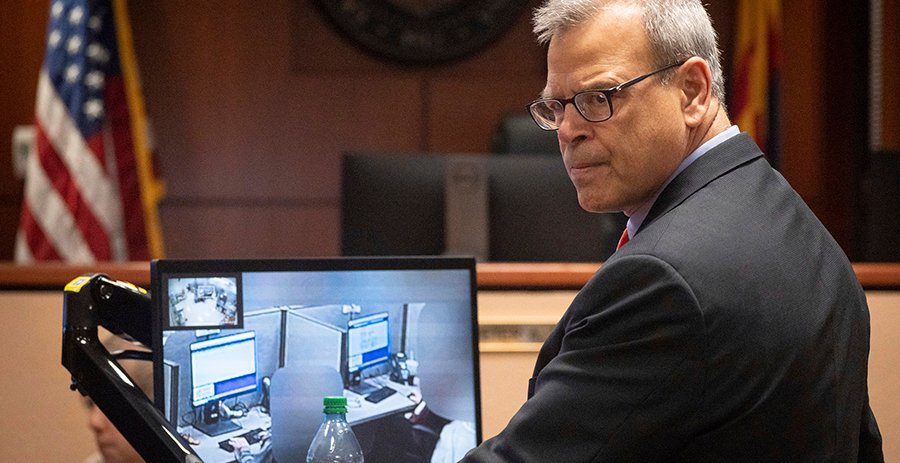Alan Derschowitz
Lake and Finchem Lawyers Triumph over State Bar in Major Disciplinary Battle

A state disciplinary panel has dismissed all complaints against attorneys Kurt Olsen and Andrew Parker, who represented Kari Lake and Mark Finchem in their efforts to challenge electronic voting systems in Arizona. The panel determined that the claims of ethical violations, associated with their lawsuit aimed at declaring certain voting technology unconstitutional, lacked merit.
The attorneys were accused of five ethical missteps in their legal actions aimed at preventing the use of electronic voting and tabulation machines for the 2022 elections. However, the panel, which included presiding disciplinary judge Margaret Downie, found no justification for sanctions, emphasizing that bringing “long-shot” cases does not warrant punitive measures against attorneys.
In the lead-up to the election, Lake and Finchem filed a lawsuit against former Secretary of State Katie Hobbs and several county officials, alleging that electronic voting machines posed significant security risks. Ultimately, the lawsuit was dismissed due to a lack of standing, as the court deemed the claims as conjectural and not substantiated.
The district court imposed sanctions totaling $134,400 on Parker, Olsen, and associated counsel Alan Dershowitz, though the Ninth Circuit upheld the dismissal but refrained from imposing further penalties. The Supreme Court also declined to review the case.
In recent months, the Arizona State Bar initiated formal action against the attorneys, citing allegations of incompetence and conduct prejudicial to justice. However, the disciplinary panel ultimately found that Parker and Olsen were competent in their legal representation and adhered to necessary legal standards despite the case being deemed a “long shot.”
Judge Downie and her colleagues highlighted that retrospective scrutiny of complex litigation often reveals arguments that may not align perfectly with established case law. They concluded that Parker and Olsen’s legal strategies were sufficiently sound given the context of the case.
Following the ruling, Parker expressed relief, stating, “This entirely vindicates the work that we did. This complaint should not have been brought.” Despite the disciplinary resolution, the attorneys continue to appeal the sanctions imposed by the district court and are scheduled to present their case to the Ninth Circuit on September 11.

















